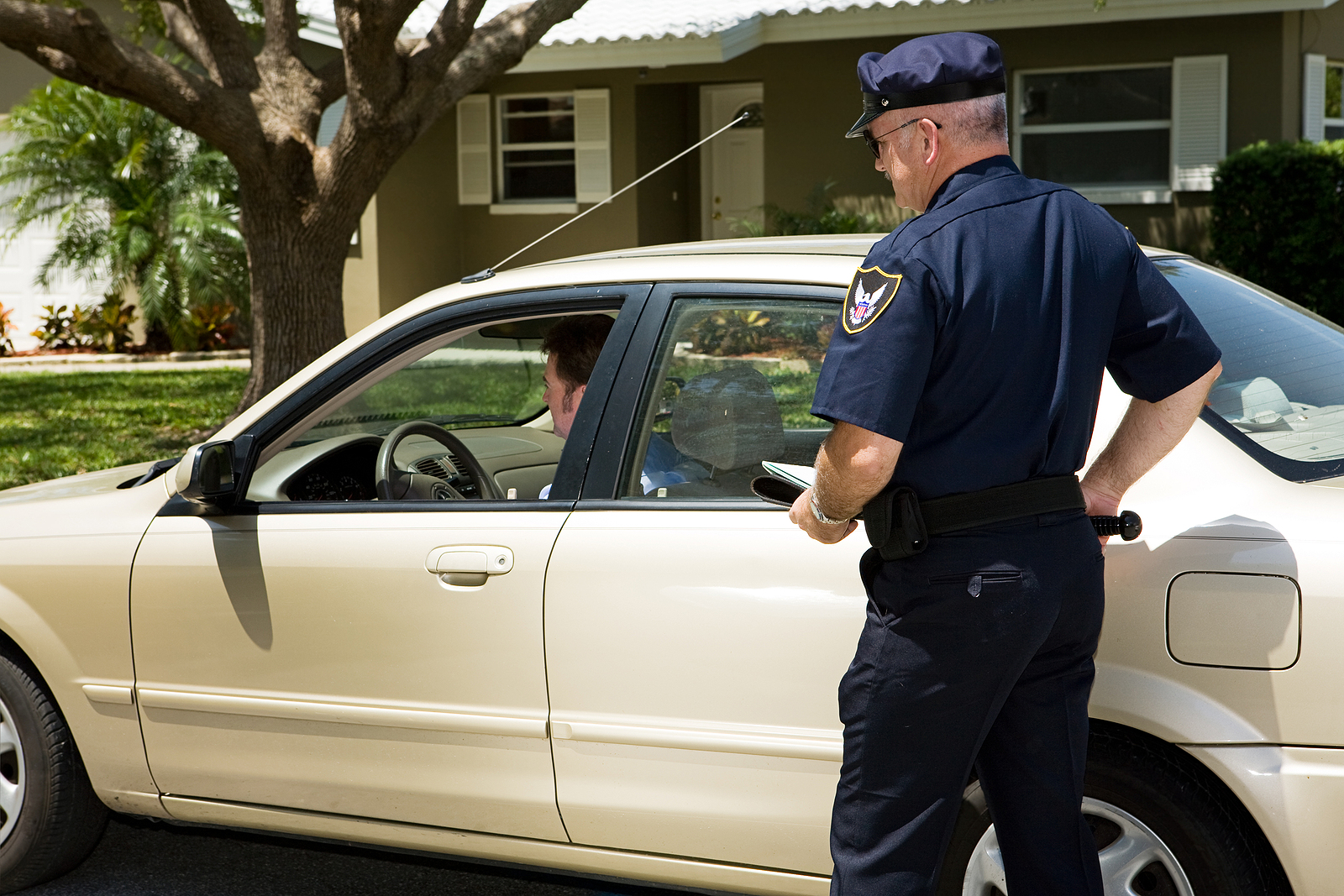A 1997 Iowa Supreme Court case states a “city must provide police protection to its residents through locally hired police officers or through intergovernmental agreement…” As a result of this case cities are obligated to either provide law enforcement directly or contract services with another jurisdiction.
Requirements to be a Law Enforcement Officer in Iowa
To be hired as an Iowa law enforcement officer all minimum standards set forth by the Iowa Law Enforcement Academy and Code of Iowa should be met. This includes being a U.S. citizen and a resident of Iowa (or intend to become a resident upon being employed); be at least 18 years of age at the time of appointment; hold a valid Iowa driver’s license; not be addicted to drugs or alcohol; be of good moral character as determined by a thorough background investigation including a fingerprint search conducted of local, state and national fingerprint files, and have not been convicted of a felony or a crime involving moral turpitude; successfully pass physical fitness tests; not be opposed to the use of force to fulfill duties; be a high school graduate or hold a GED certificate; have uncorrected vision of not less than 20/100 in both eyes, corrected to 20/20 and color vision consistent with the occupational demands of law enforcement; have normal hearing in each ear; be examined by a physician and meet the physical requirements necessary to fulfill the responsibilities of a law enforcement officer; undergo psychological testing and undergo cognitive (basic skills) testing.
Law Enforcement Training Expenses
A recurring issue many cities encounter is the employment of police officers who have not been through the required course of training at the Iowa Law Enforcement Academy. Cities often agree to hire untrained persons as police officers on the condition that they obtain the required training. In the employment agreement, cities typically agree to pay the tuition costs for that training, including associated expenses (mileage, food and lodging), and to pay the employee’s wages during training, including travel time, study time and class time. In return, the employment agreement typically requires the employee to reimburse the city for those training expenses, if (a) the employee fails to successfully complete the training program at the Iowa Law Enforcement Academy, or (b) the employee voluntarily resigns as a police officer for the city without having served for a minimum period of time as set forth in the employment agreement, usually four years. Reimbursement is typically required on a sliding scale, with 100 percent reimbursement required if the employee resigns as a police officer less than one year after completing training. As a result of an Iowa Supreme Court ruling, there are certain costs that need to be factored into any agreement regarding reimbursement. Cities seeking reimbursement of wages paid to an employee during training at the Academy should limit their claim to the amount that would be in excess of the minimum wage.
Reserve Police Officers
A reserve officer is a volunteer and is a sworn member of a law enforcement agency. Iowa has more than 1,200 reserve officers assisting law enforcement jurisdictions across the state. Reserve officers have full police powers, can make arrests, investigate crimes and enforce traffic laws. The reserve officer must work under the supervision of a regular police officer. The supervision does not have to be direct, however. Both reserve officers and regular officers must be between 18 and 65 years of age, pass a medical examination and be of good moral character. They must possess a valid Iowa Driver’s License and be a high school graduate or hold a GED certificate. The reserve officer does not have to pass the physical agility tests or the Police Officer Standards and Training (POST) Examination required of regular officers. The POST test examines general knowledge, reading comprehension, writing skills, basic math skills and the ability to find a conclusion to information provided. Reserve officers do not have to take the Minnesota Multiphasic Personality Inventory (MMPI) test. Reserve officers can carry firearms after satisfactorily completing the same course of study required for regular officers. They must also qualify on a supervised range, the same as regular officers. A city may also have additional requirements on training and use of force.






